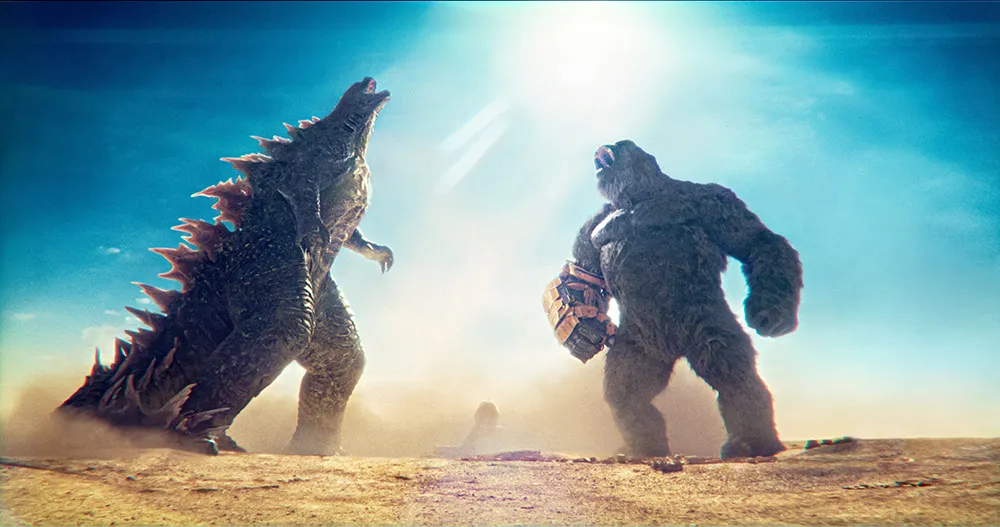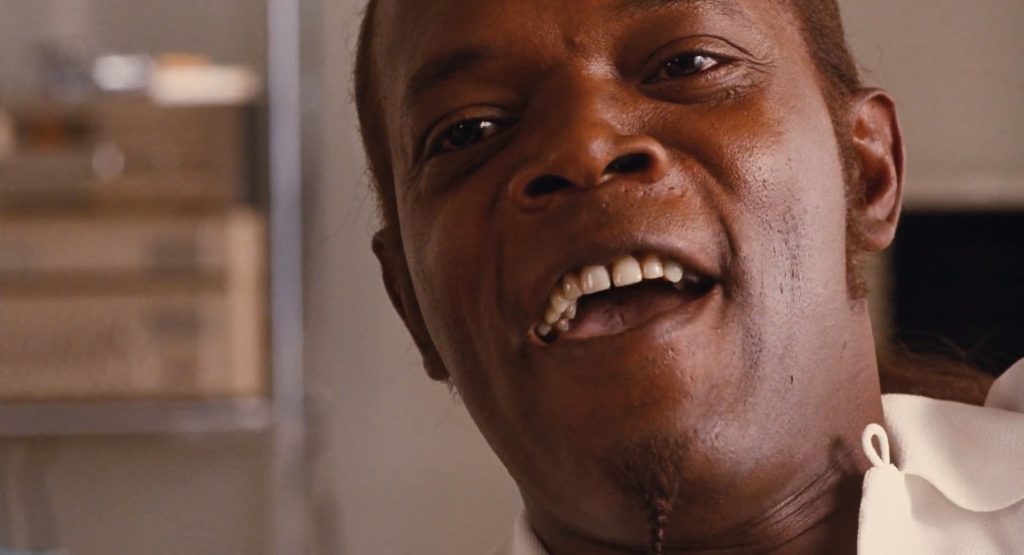“Beetlejuice 2 (Beetlejuice Beetlejuice) ” (2024): Danny Elfman Returns – Soundtrack Review

As the whispers of the sequel “Beetlejuice Beetlejuice” began to materialize from the netherworld of cinematic development, anticipation swirled around many elements, not least of which was the return of Danny Elfman to the composer’s chair. Elfman, whose work on the original “Beetlejuice” film became emblematic of his quirky, gothic style, was tasked with revisiting and expanding upon his iconic musical landscape. The result, as can be inferred, is a soundtrack that resonates with the familiar eerie charm and whimsical darkness of its predecessor while delving into new spectral territories.
The Return to a Haunted Soundscape
In “Beetlejuice Beetlejuice,” Elfman reanimates the auditory ghouls of the first film with his signature blend of orchestral and choral elements, creating a soundscape that is both nostalgically familiar and refreshingly innovative. The main theme, undoubtedly, harks back to the carnivalesque, organ-fueled frenzy of the original, yet it carries a new layer of complexity, hinting at the evolved narrative and expanded universe of the sequel.

Orchestration and Thematic Development
Elfman’s orchestration in “Beetlejuice Beetlejuice” weaves a complex web of themes and motifs, some returning and others newly born. The use of harpsichord and theremin, instruments that significantly colored the original score, once again play a prominent role, anchoring the soundtrack in the phantasmagorical world of Beetlejuice. However, Elfman introduces new textures, possibly through electronic synthesis or unconventional instruments, to reflect the sequel’s narrative expansion and the characters’ development.
Tracks presumably associated with new characters or plotlines would carry distinct musical signatures, showcasing Elfman’s ability to paint character and story through melody and rhythm. It’s anticipated that Elfman would employ his knack for leitmotif, giving each character a recognizable musical theme that evolves throughout the film, adding depth to the narrative and enriching the cinematic experience.
Atmospheric Depth and Emotional Range
Danny Elfman’s prowess in crafting emotionally resonant music likely shines in “Beetlejuice Beetlejuice.” Beyond the playful horror and manic energy, there are moments of tenderness, melancholy, and introspection, providing a counterpoint to the overt zaniness. Tracks that underscore the more intimate, poignant scenes in the movie would demonstrate Elfman’s versatility, with sparse instrumentation and subtle dynamics evoking a wide range of emotions.
Integration with Cinematic Elements
The synergy between the soundtrack and the film’s visual elements would be crucial. Elfman’s music not only complements the on-screen action but enhances it, amplifying the comedic timing, the suspenseful twists, and the spectral surprises. The score, in its interaction with the film’s dialogue and sound effects, would be meticulously timed to accentuate the cinematic pacing, contributing to the overall impact of the narrative.
Rhythmic Playfulness and Melodic Wit
Elfman’s signature style, characterized by rhythmic playfulness and melodic wit, would be in full display, with tracks that bounce and careen through a rollercoaster of tempos and time signatures. This musical mischief, a hallmark of the “Beetlejuice” universe, not only captures the chaotic essence of the titular character but also serves as a vehicle for the film’s dark humor and fantastical elements.
Concluding the Musical Séance
In theoretical summation, “Beetlejuice Beetlejuice” by Danny Elfman would stand as a testament to his enduring legacy as a composer who can deftly balance whimsy with darkness, simplicity with complexity, and nostalgia with innovation. The soundtrack would beckon listeners and viewers back into the delightfully twisted world of Beetlejuice, offering a fresh auditory journey that respects the past while boldly stepping into the new narrative realms of the sequel. Through this musical continuation, Elfman would not only revisit the iconic soundscape he crafted years ago but also expand upon it, creating a sequel score that resonates with both long-time fans and newcomers to the Beetlejuice saga.




